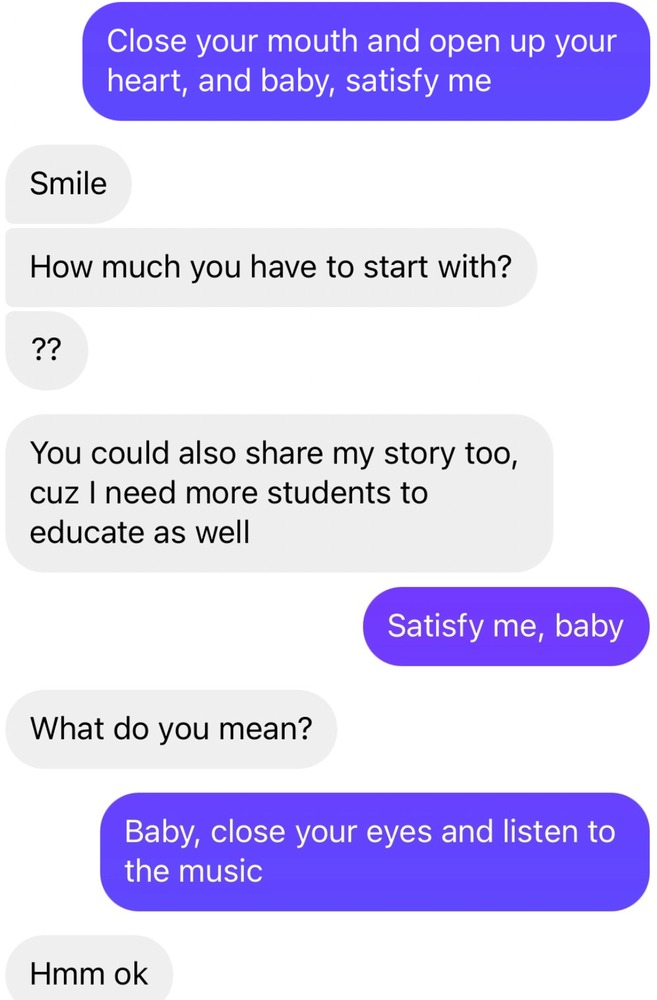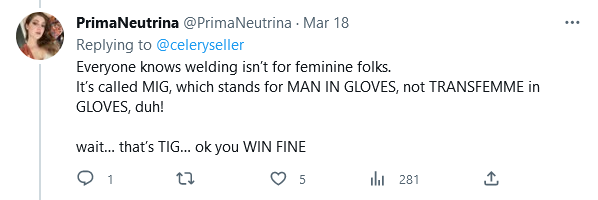dv said:
I have sometimes wondered whether most of what humans consider to be their motivation is post facto rationalisation by a completely different specialised function of the brain.
A Simple Task Uncovers a Postdictive Illusion of Choice
https://pubmed.ncbi.nlm.nih.gov/27125962/
Abstract
Do people know when, or whether, they have made a conscious choice? Here, we explore the possibility that choices can seem to occur before they are actually made. In two studies, participants were asked to quickly choose from a set of options before a randomly selected option was made salient. Even when they believed that they had made their decision prior to this event, participants were significantly more likely than chance to report choosing the salient option when this option was made salient soon after the perceived time of choice. Thus, without participants’ awareness, a seemingly later event influenced choices that were experienced as occurring at an earlier time. These findings suggest that, like certain low-level perceptual experiences, the experience of choice is susceptible to “postdictive” influence and that people may systematically overestimate the role that consciousness plays in their chosen behavior.
Postdictive Illusion of Choice
https://theness.com/neurologicablog/index.php/page/4/?s=free+will
There is evidence that, at least to some extent, some of the decisions we make are made subconsciously, before we are even aware that we made a decision. There is at least preliminary evidence showing that some decisions are made in the brain (indicated by lighting up on fMRI) before the person is aware of the choice. And yet, when asked people will almost always indicate a conscious reason for the choice. They invent a justification for a choice they never consciously made, and they believe that was the true reason for their non-decision.
This is most dramatically demonstrated in the split-brain experiments. Briefly, if the major connection between the two hemispheres is severed, they cannot fully communicate. If you then show the right half of the brain an image and then ask the subject to choose an item with their left hand (the hand controlled by the right hemisphere) they will choose the image they just saw. If you then ask the left hemisphere why they did that (the left hemisphere doesn’t know) it will invent a justification – “I chose the bottle of water because I was thirsty,” when in fact their other hemisphere had just seen a picture of a bottle of water.


